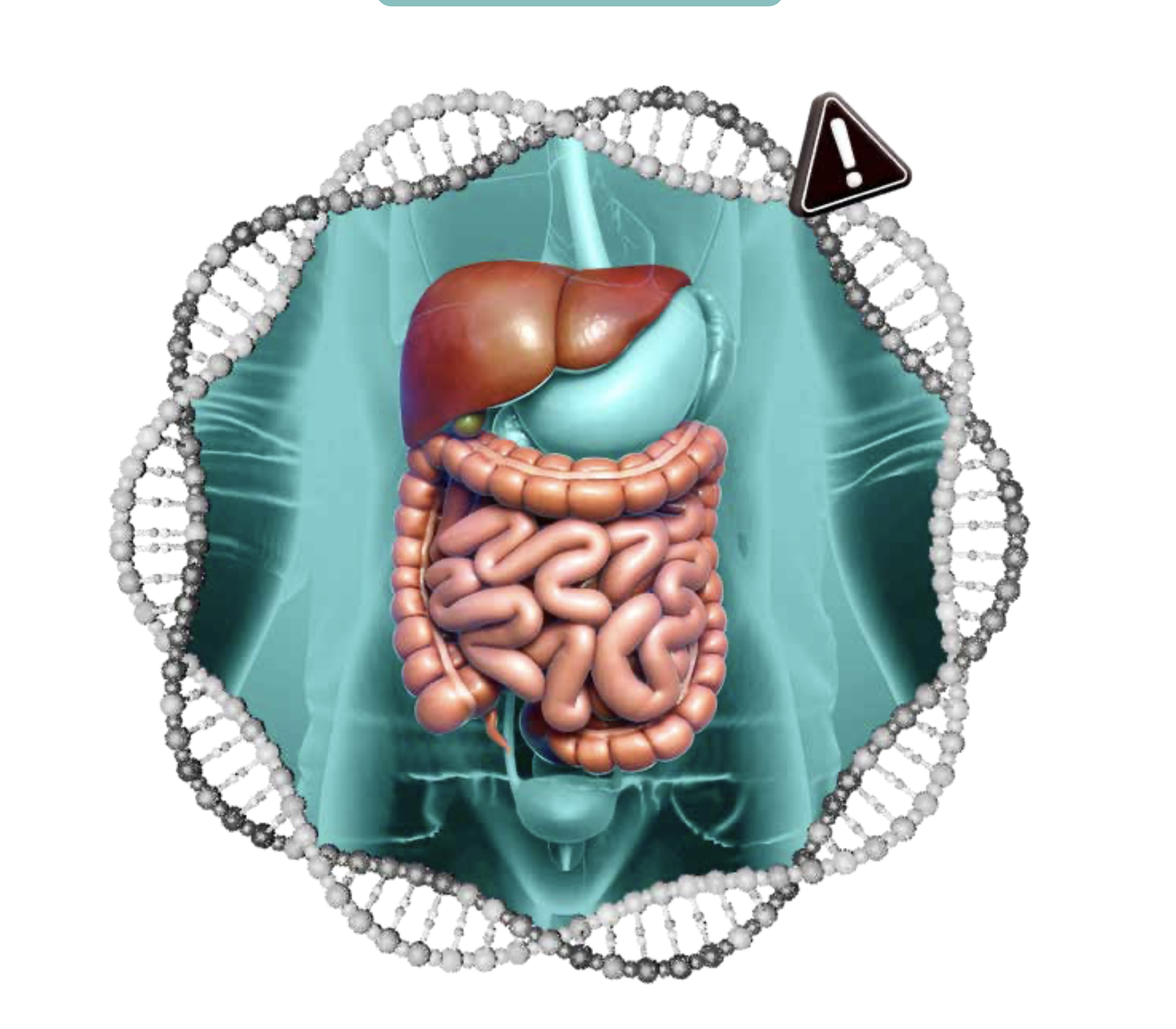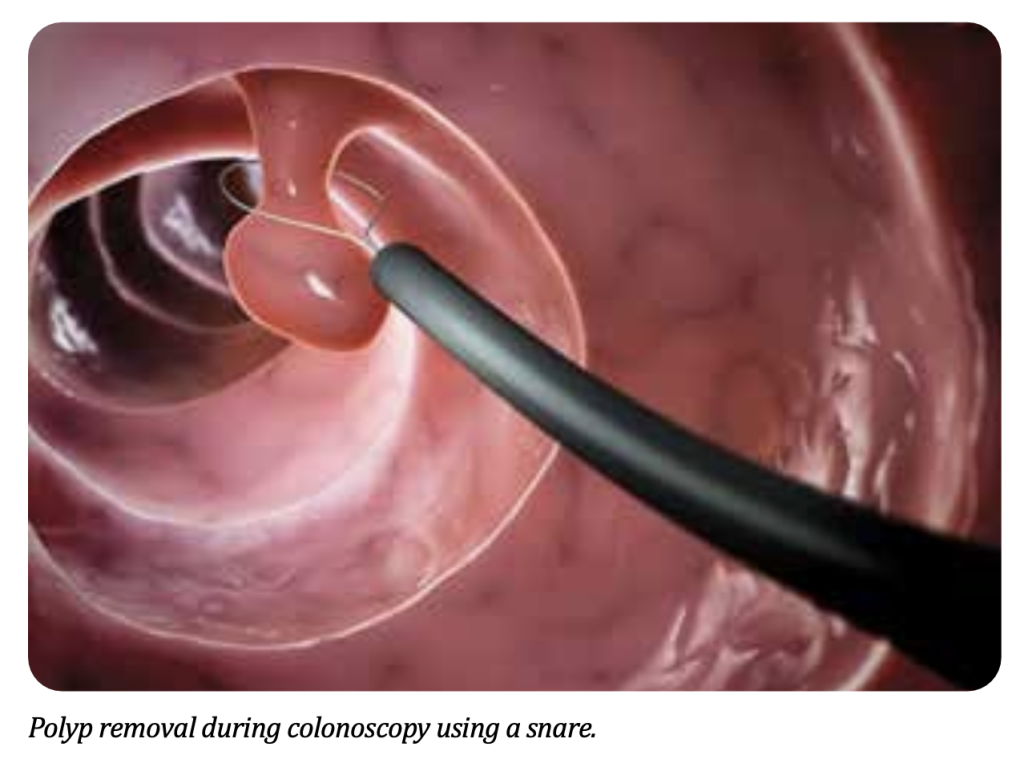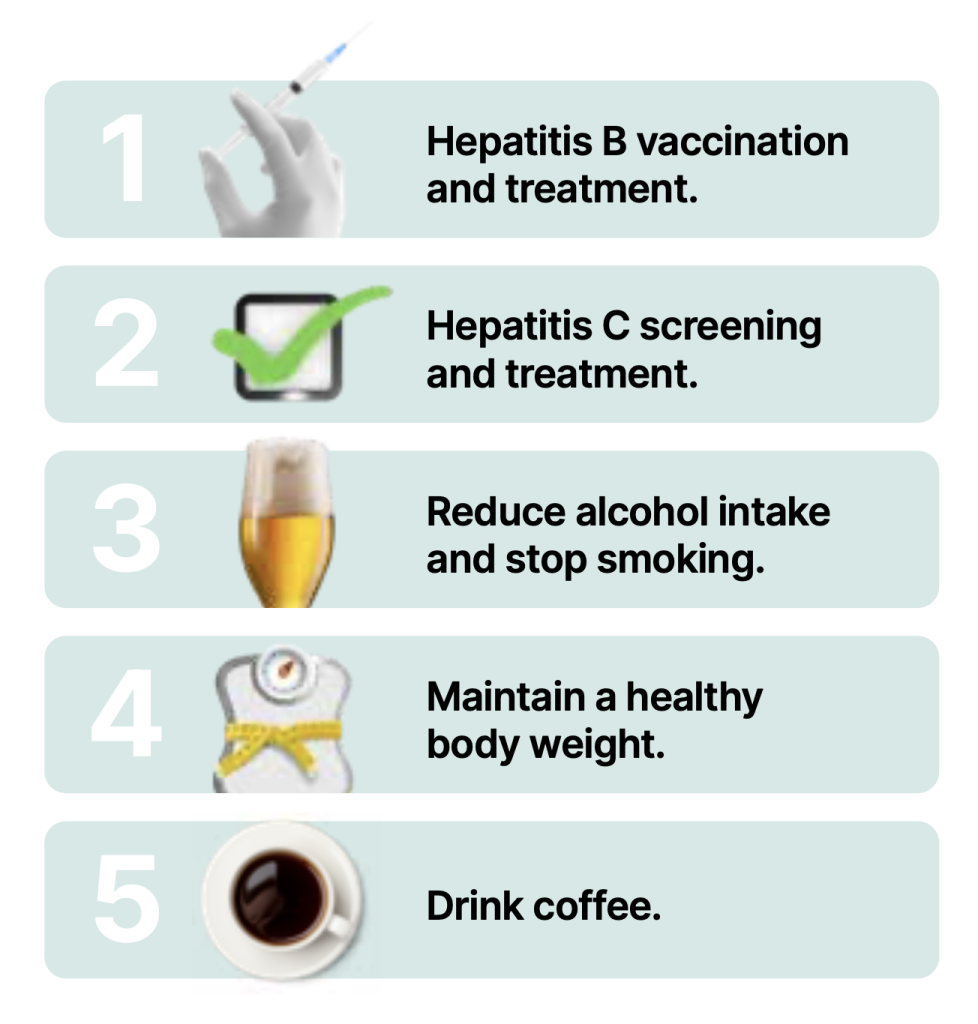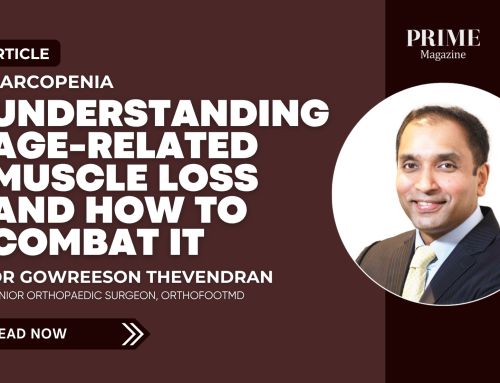
3d Presentation of Stomach
Double Trouble | Preventing Colorectal and Liver Cancer in Singapore: Facts and Tips to Save Lives
Among the most common yet preventable types of cancer in Singapore are colorectal and liver cancer. While they arise in different organs, what they share in common is that many cases start from modifiable (changeable) factors, and early detection significantly improves outcomes. Understanding how to shield ourselves from these diseases could be lifesaving.
How Common Are Colorectal and Liver Cancer in Singapore?
Colorectal cancer is currently the most commonly diagnosed cancer in Singapore and can affect individuals of any gender. Liver cancer ranks as the fifth most common cancer among men, and also the fifth leading cause of cancer-related death among women. According to the Singapore Cancer Registry Annual Report 2022, during the period from 2018 to 2022, the lifetime cancer risk was 26.6% in males and 25.8% in females. This means that approximately one in four Singapore residents may develop cancer by the age of 75.
Can Colorectal Cancer Affect Younger Adults?
Over the years, we have observed a worrying trend of colorectal cancer occurring in younger adults, both globally and in Singapore. A research team from the National University of Singapore, Duke-NUS Medical School, Singapore General Hospital, National Cancer Centre Singapore, and National University Hospital studied population trends in early-onset colorectal cancer. Between 1968 and 2019, out of 53,044 colorectal cancer cases in Singapore, 6,183 individuals (11.7%) were diagnosed between the ages of 20 and 49.
Preventing Colorectal Cancer

Increase Fibre intake
Colorectal cancer prevention starts with lifestyle and dietary changes. Some of the beneficial things you can do include:
- Increase fibre intake.
- Maintain a healthy weight.
- Exercise regularly.
What we eat and how we live play pivotal roles in preventing colorectal cancer. We should aim for a diet high in fibre, such as whole grains, fruits, and leafy green vegetables. Fibre keeps the digestive system running smoothly by adding bulk to stool, reducing stool transit time through the intestine, and has beneficial effects on the healthy bacterial population (flora) in our gut. Studies have shown that increasing fibre in our diet lowers the risk of colorectal cancer. Regular exercise and maintaining a healthy weight also help to reduce cancer risk.
What to Avoid
Besides things we can do, there are also foods and habits we should avoid. These include:
- Limit red meat.
- Reduce processed food intake.
- Reduce alcohol consumption.
- Stop smoking.

Stop smoking sign
Processed foods, as well as eating excessive red meat, have been linked to higher risks of colorectal cancer. Processed meat refers to meat that has been transformed through salting, curing, fermentation, smoking, or other processes to enhance flavour or improve preservation. The World Health Organisation (WHO) has classified processed meat as a definite carcinogen (cancer causing substance/ agent), and red meat as a probable carcinogen. Alcohol and smoking are also known risk factors in colorectal cancer development.
How Does Colorectal Cancer Develop?

How Does Colorectal Cancer Develop?
Colorectal cancer often begins as small growths known as polyps. These polyps typically grow slowly, and some can gradually transform into cancer over several years. Because this process takes time, we have a valuable window for detection and prevention. A colonoscopy allows us not only to detect cancer early, but also to remove polyps before they turn cancerous.
Screening for Colorectal Cancer
The two most common screening methods in Singapore are colonoscopy and stool occult blood testing (FIT). Current local guidelines recommend start screening at age 50 for most individuals. Those with a family history of colorectal cancer or other risk factors should start earlier. In the United States, due to increasing rates of early-onset colorectal cancer, the recommended starting age has shifted to 45.

Advancements in Colonoscopy
Endoscopy technology has significantly progressed over the last decade. The latest advancements include endoscopes with high-definition resolution, advanced colour imaging which intensifies specific wavelengths of light, and Artificial Intelligence. These technologies serve to improve the accuracy of detecting polyps. Techniques such as water immersion help to improve patient comfort and increase success rates.
Stool Immunochemical Test (FIT)
Stool FIT detects the presence of blood in stool. It is non-invasive and hence, useful as a population-wide screening test. If someone has a positive stool FIT result, they should undergo an early colonoscopy to check for cancer. The FIT test should be repeated annually, as a single test itself only has the accuracy (sensitivity) of 80% for detecting colon cancer and an accuracy of 30% for detecting an advanced-polyp (larger polyp at high risk of turning cancerous).
Liver Cancer
Liver cancer is also known as hepatocellular carcinoma. The strongest and most important risk factor to developing liver cancer is liver cirrhosis (hardening and scarring of the liver). Therefore, prevention of liver cancer begins with preventing cirrhosis from occurring.

Liver cancer presentation
The top causes of liver cirrhosis are viral hepatitis (hepatitis B and hepatitis C), alcohol, and metabolic dysfunction- associated steatotic liver disease (also known as fatty liver). Vaccination against hepatitis B is offered for all newborn children as part of Singapore’s national immunisation programme. There is no vaccine for hepatitis C, therefore the next best course of action is early detection through blood tests and treatment with antiviral drugs.
Lifestyle factors are also vital. Excessive alcohol consumption is a leading cause of liver cirrhosis. In Singapore and other developed countries, fatty liver disease has become the top cause of liver cirrhosis. Interestingly, coffee drinking has been shown to have a protective effect against liver cancer in research studies.

Prevention Strategies Against Liver Cancer
Prevention Strategies Against Liver Cancer
Lifestyle and dietary habits play central roles in colorectal cancer prevention.
Adopting the following habits can help lower risk:
-
Increase dietary fibre intake from whole grains, fruits, and leafy vegetables.
-
Maintain a healthy body weight.
-
Exercise regularly.
Fibre promotes healthy digestion by improving bowel movement and supporting a balanced gut microbiome. Research consistently links higher fibre intake to a reduced risk of colorectal cancer. Regular physical activity and stable body weight further strengthen this protective effect.
Who Should Screen and How?
The symptoms of liver diseases include jaundice, dark coloured urine, abdominal bloating, leg swelling, and mental confusion. However, by the time these symptoms are present, cirrhosis is usually irreversible. Therefore, it is beneficial to get screened for the presence of liver diseases; this allows for early diagnosis and treatment.
For those who are already diagnosed with liver diseases and deemed to be at higher risk for liver cancer (those with liver cirrhosis), they should undergo regular screening using ultrasound every six months and undergo alpha-fetoprotein (AFP) blood tests. Regular monitoring and early detection can catch cancer at its most treatable stage, and improve outcomes.
Viral Hepatitis (B & C): Advancements in Treatment and Cure
When I first started out in the field of gastroenterology, it was difficult to treat hepatitis C. The drug available was an injection called interferon which had many severe and uncomfortable side effects for patients. Many patients could not tolerate and complete their treatment course.
Today, we are fortunate that medical advancements have revolutionised hepatitis C treatment. Direct-acting antiviral drugs (DAA), such as sofosbuvir, can be combined into a daily pill taken over 8-12 weeks. This achieves cure rates above 95% for hepatitis C, along with minimal side effects. Hepatitis B can also be effectively controlled with antiviral medications such as tenofovir, thereby reducing liver inflammation, damage, and cancer risk.

Conclusion
Both colorectal cancer and liver cancer can be prevented through lifestyle changes, early treatment of risk factors, and regular screening. Adopting a healthy diet, exercising, avoiding smoking and excessive alcohol, and staying up to date with medical screenings are key steps in reducing cancer risk. By taking these steps, we can dramatically reduce cancer risk and catch problems early, when treatment is most effective. PRIME












Leave A Comment